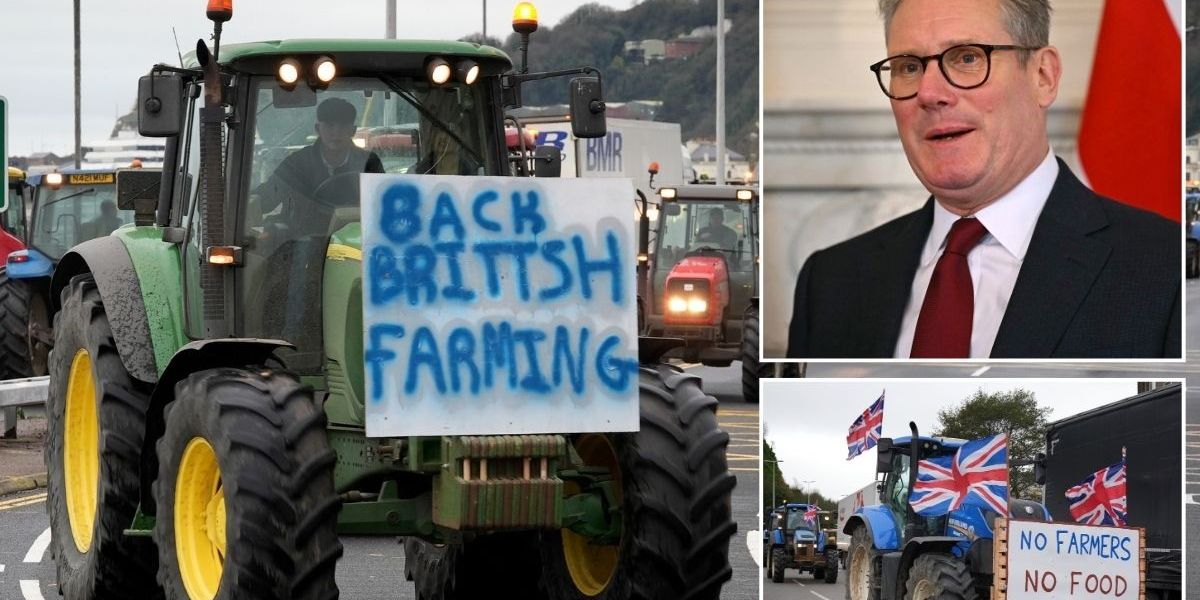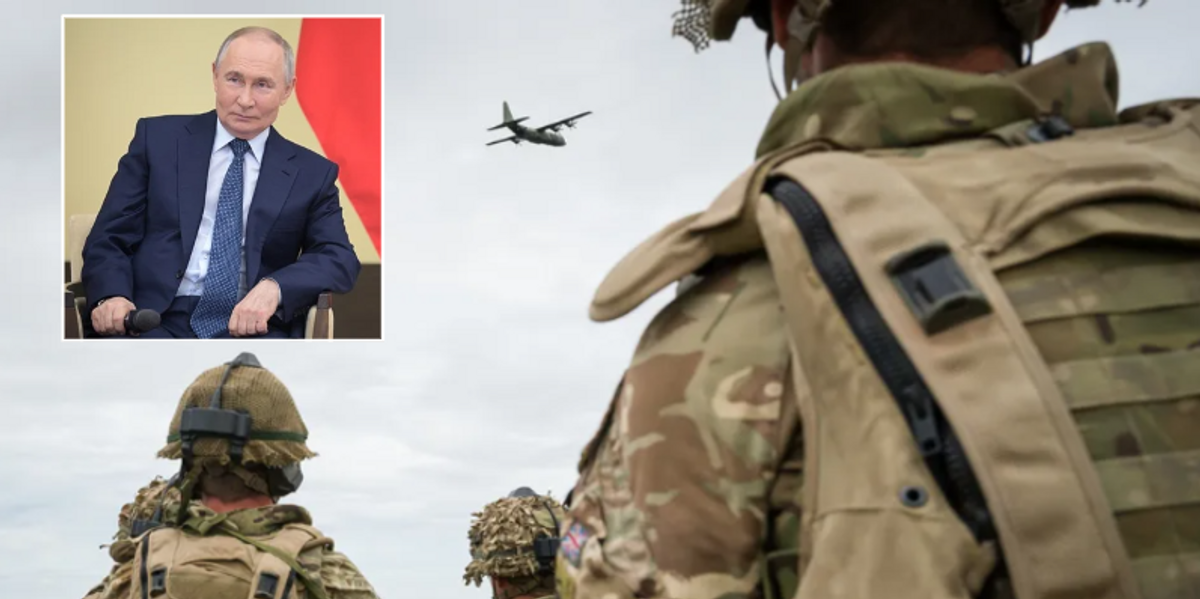There were no big changes to the devolved income tax system in this budget.
There was some tinkering with thresholds, which will have a political impact if not a big financial one.
Robison is increasing the thresholds for the basic and intermediate rates – two of the lower rungs in Scotland’s six-band ladder of taxes.
Because Chancellor Rachel Reeves has frozen those thresholds in the rest of the UK, it means Scots earning less than £30,300 will pay less tax than if they lived in England or Wales.
The difference is less than £30 a year, but it allows Robison to say that 51% of Scottish taxpayers pay less.
One bill that will almost certainly be going up is council tax. But with last year’s one-off freeze on local rates coming to an end, it will be down to your local representatives to decide.
Rather than wielding a stick by imposing any sort of cap, Robison instead sought to guilt local authorities into holding down increases, saying that “with record funding there is no reason for big increases in council tax next year”.
She says there’s an extra £1bn for local government – but it remains to be seen how much of that councillors will be free to allocate, and how much will fall into ring-fenced areas.
Every year the government says it has increased funding for councils, then councils hit back that it’s not enough, and there’s a row over exactly how much money is enough money.
We will no doubt go around in circles on that until budgets at a local and national level are finalised next year.







